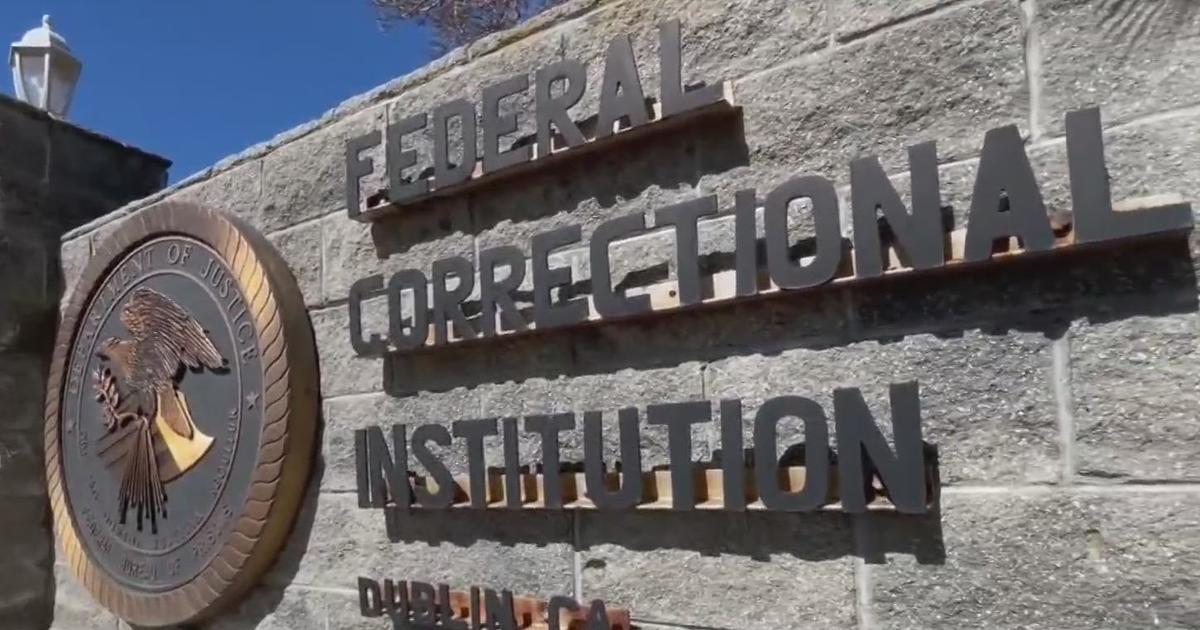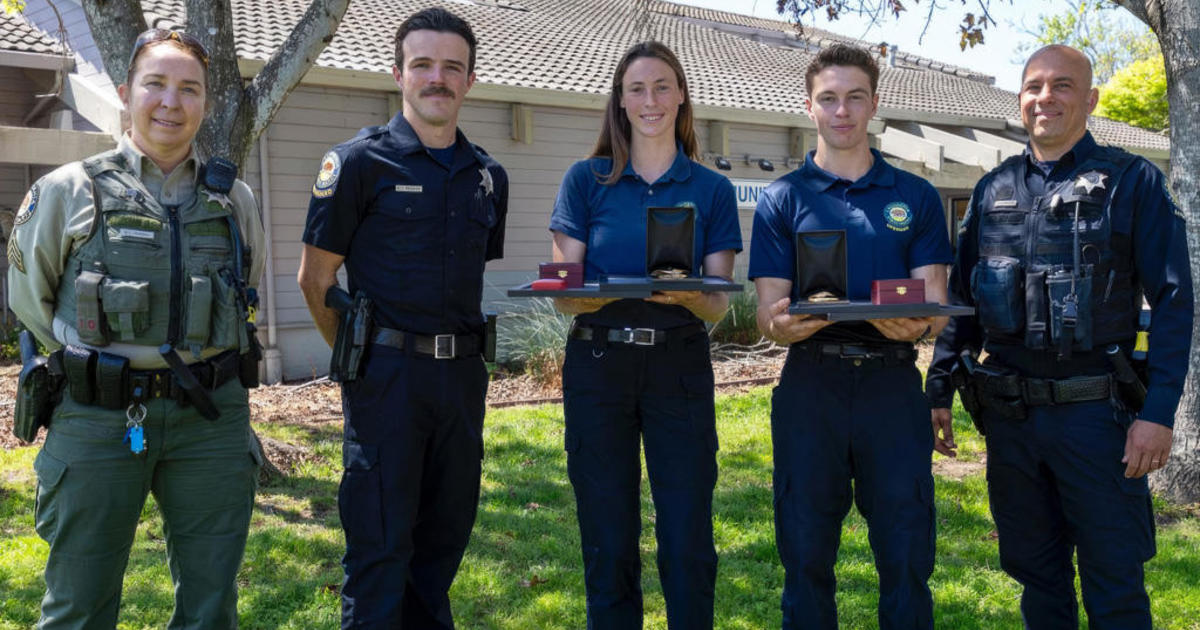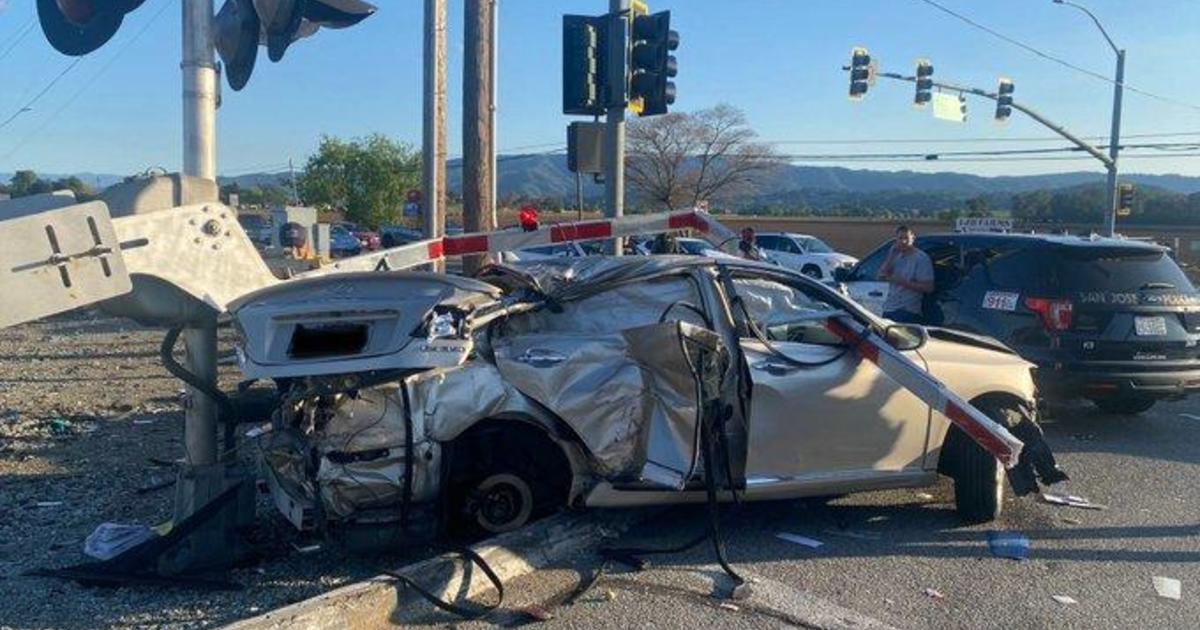KCBS In Depth: Options For Advancing Bay Area Transit
SAN FRANCISCO (KCBS)— With the BART labor dispute making headlines the last few days, we to turn to transportation for this week's In Depth topic.
San Francisco State University Professor of Geography and Environment, Dr. Jason Henderson, specializes in traffic and public transportation. His research topics include how culture, economics and ideology frame public transit policies in addition to the layout and growth of our cities.
In addition, he's planning on writing a book on the history of Muni, San Francisco's municipal railway system.
Some of Henderson's suggestions include; optimizing the lanes on the Bay Bridge by allowing more express bus service, telecommuting (not necessarily moving, but moving information) bicycling, and ride sharing.
Bay Area Transit and Transportation
According to Henderson, there's an enormous potential in San Francisco and some East Bay communities for bicycling— including in the suburbs. He said while many people from the East Bay may continue to commute through the Caldecott Tunnel for work in San Francisco, many of their evening and weekend shopping trips could be made by bike and could be five minutes or less.
"It seems like there's a huge pent-up opportunity," he said. "It's amazing how easy it is."
But he argued ride sharing is a short-term "Band-Aid" approach solution due to gas-price volatility. He explained the Bay Area is lacking since there is no rail transit to the North Bay. But he does see some positive developments with Caltrain.
"The electrification of Caltrain, I think is one of the best projects in the existing long-range transportation plan for the Bay Area. Maybe we want to think about Caltrain East Bay and Caltrain Trans-Bay."
Henderson elaborated and said cities like London, Paris, New York are ahead of the game; noting that most people involved in transit are impressed with the expansion of China's rail transit.
But if the problem is that BART just isn't enough, then how do we plan on paying for the future of Bay Area public transit?
"There is a variety of ideas out there, (including) a modest regional gas tax amongst the nine Bay Area counties," he explained. That would include congestion pricing and not just in San Francisco. "We need to look at a way that doesn't hurt middle class homeowners and to modestly increase some parcel taxes."
Another contentious debate has been whether or not to raise fares. Henderson explained often times it's the middle class, lower class, children and elderly that get hit hard by fare increases.
"I would caution going in that direction," he advised.
One way the private sector has gotten involved is with the growing presence of the private 'tech' bus. These are highly visible, especially in San Francisco, but he admits the perk is that it does take cars off the road. Once again though, he equates it to a temporary solution.
The issue has been that they're taking up space at Muni bus stops. He suggested a restructuring considering the buses only have two surges a day (morning and evening commutes) and that maybe they could be utilized during the day. He also brings up some questions as to how public transit can look at these private buses as examples.
"How much are these drivers paid? What is their pension? What are their health care benefits?" Henderson asked.
Ultimately, Henderson said there are "huge potential opportunities" in ways to reduce greenhouse gas emissions in addition to not consuming anymore agricultural land, which is a Bay Area policy.
(Copyright 2013 by CBS San Francisco. All Rights Reserved. This material may not be published, broadcast, rewritten, or redistributed.)



